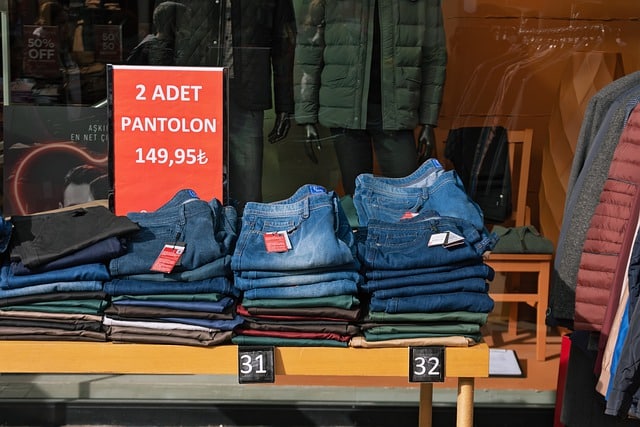
A remainder is a surplus or something left over: for example, products that were not sold within the expected period.
The first thing we are going to do, before proceeding to determine the meaning of the term remnant at hand, is to make its etymological origin clear. In this sense, we can say that it emanates from Latin, from the word “remanens”. This, in turn, is made up of two different parts:
• The prefix “re-“.
• The verb “manere”, which can be translated as “stay or stay”.
Remnant concept
A person makes ten cakes to offer in his neighborhood, hoping that his neighbors will buy from him and thus he can earn some money . At the end of the day, this guy notices that he managed to sell eight cakes. The remaining two, therefore, constitute the remainder of their production.
The remainder is something that is left over . This concept can be associated with the idea of surplus: in our previous example, the baker was left with two cakes that he could not sell, so it could be said that he had two cakes left over or that two cakes exceeded the neighbors' demand.
The notion in accounting
Within the field of accounting, this word is frequently used. In this case, it is used to refer to the benefits that, after the approval of the year's accounts and the distribution of results, have not been distributed nor have they been applied to any other account.
Thus, it may happen in a company that, after settling all accounts and debts, it finds itself with around 10,000 euros of profits. Of that amount, he decides to use 2,000 for what would be legal reserves and 3,000 euros as dividends. In this way, there would be 5,000 euros left undistributed or applied, which would be the remainder.
Within the municipal management of town councils, on the other hand, it is common to talk about what is called treasury remainder. This is the balance that gives the mayor and his government team the opportunity to know, at the end of the current year, the financial solvency of the council to be able to carry out the resolution of its debts or to undertake new projects. To do this, both the rights pending collection and the liquid it has in banks or the money in cash will be analyzed.

It is common for clothing stores to offer the remainder of a season at discounted prices.
Remnant in the commercial field and symbolic use of the term
A remnant can appear in the most diverse areas. The most common use of the notion is in commerce or economics , in reference to goods or merchandise that do not reach the consumer or buyer.
Take the case of a clothing brand that launches a new model of pants for the spring/summer season. The company is responsible for producing a good quantity of these pants to market in its stores, relying on radio and television advertising. When the season ends, the remainder of that production (those pants that have not been sold ) will be offered at a sale price. In this way, the company will try not to accumulate a surplus that, by next year, will already be old and will have to give way to other models.
A remnant can also be symbolic . If a South African politician proposes reviving racial segregation, someone might point out that his thinking is a remnant of bygone eras that no longer has support today.
